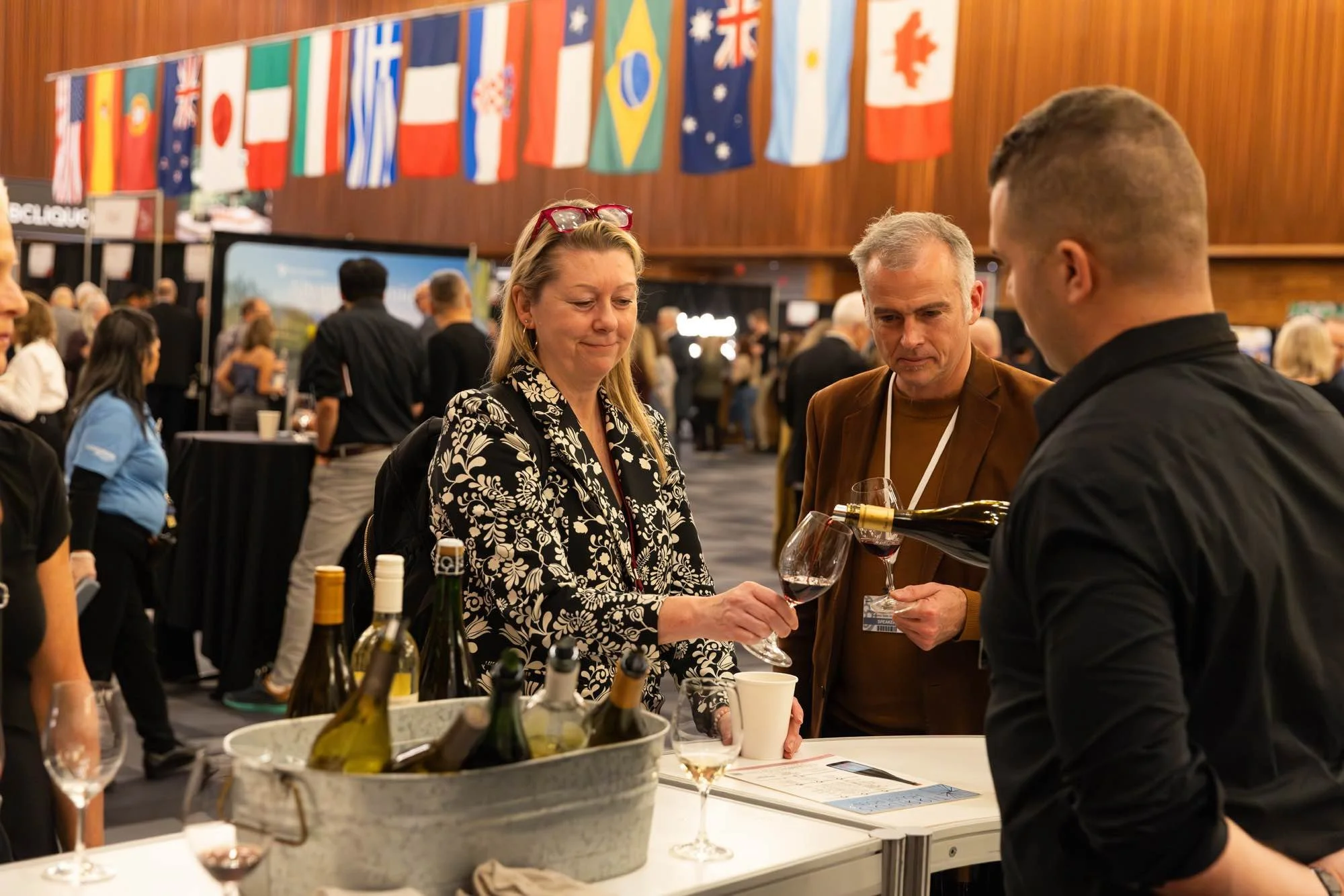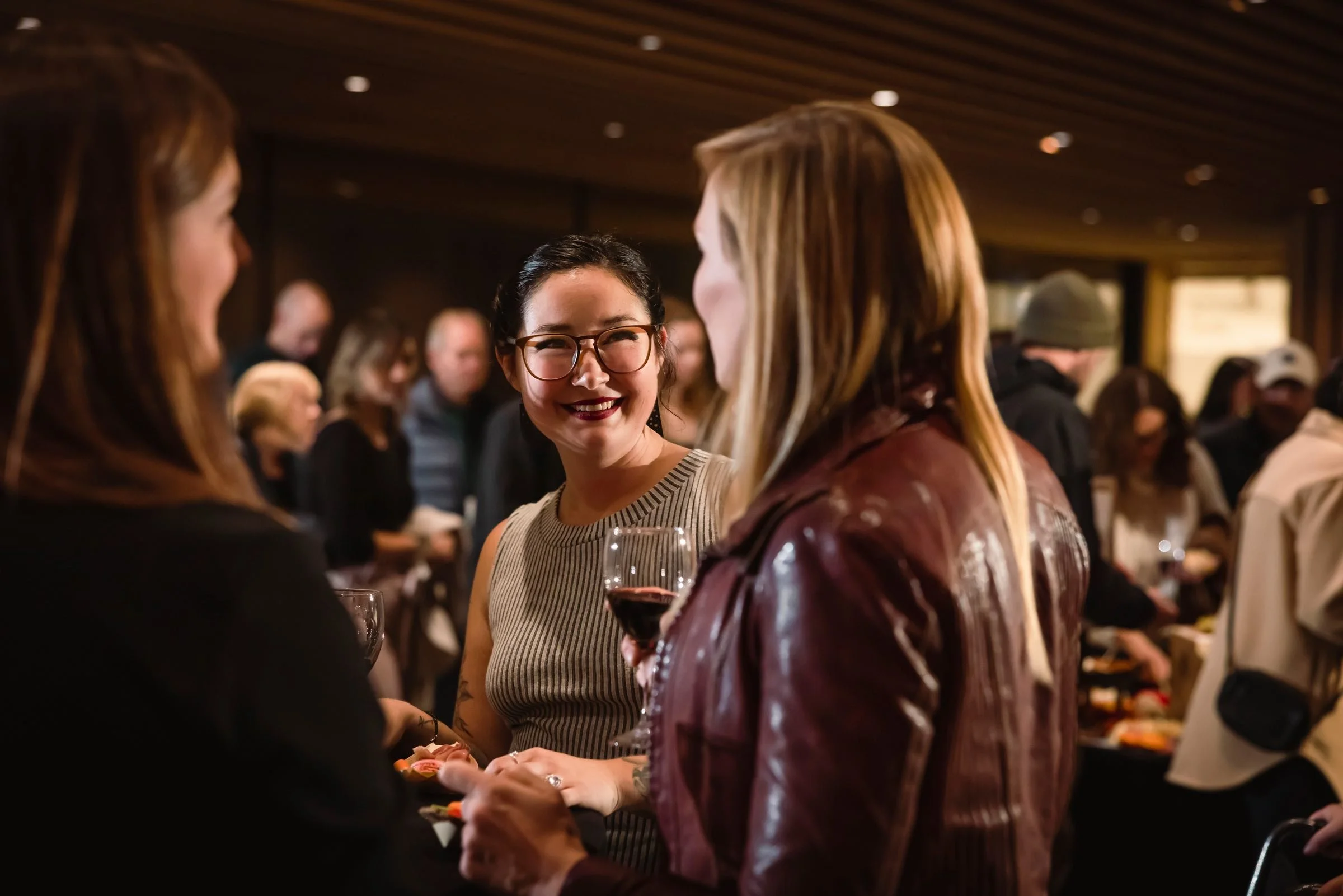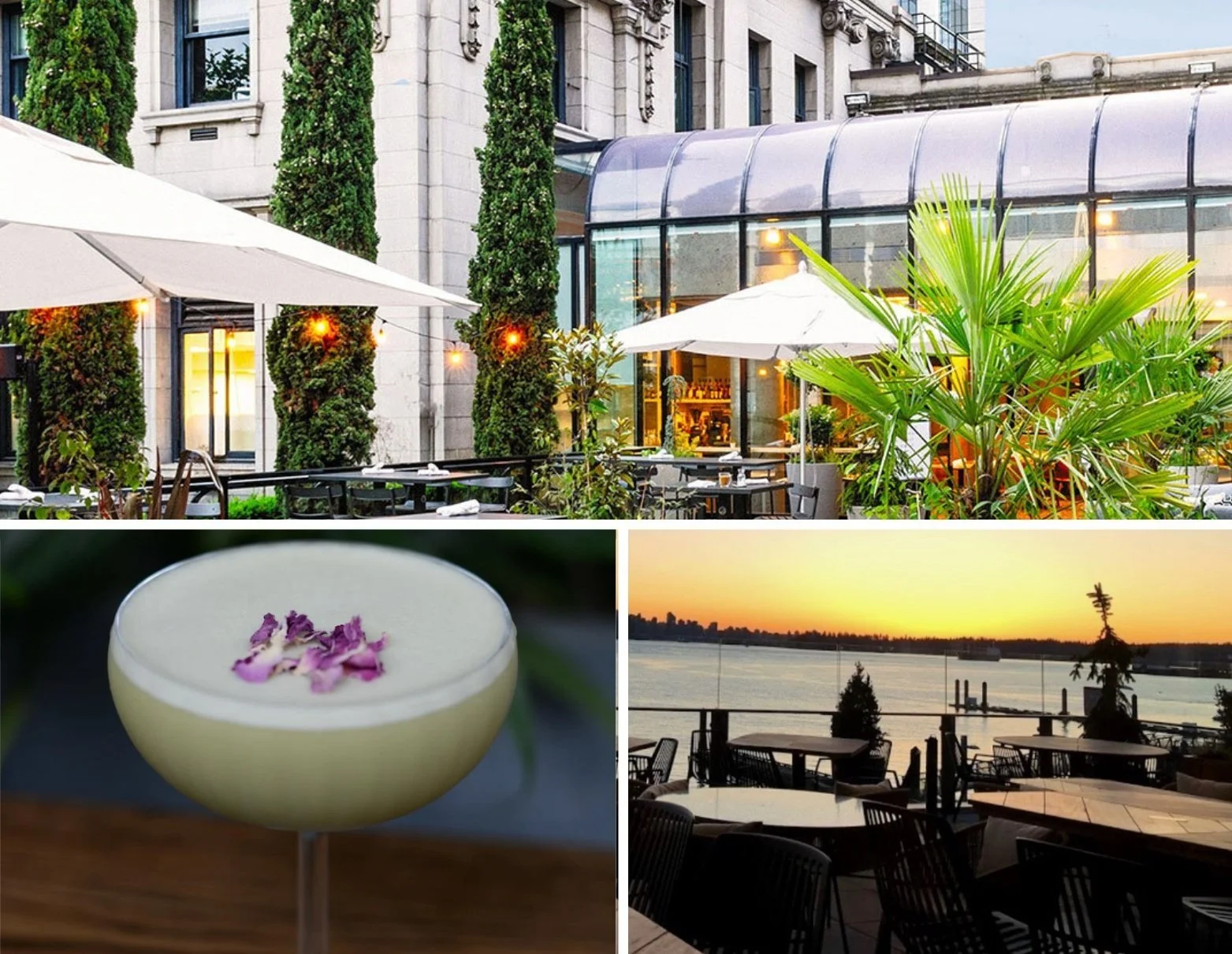Jason Camp and the Posers bring post-colonial rage rock to Indigifest 2021
The band from Haida Gwaii uses music to speak truths and unleash emotion
Jason Camp and the Posers.
Jason Camp and the Posers host the August 12 Indigifest 2021 performance and perform at the festival’s August 26 event.
WORKING AND LIVING on their ancestral territory of Haida Gwaii, Jason Camp and the Posers sing about what it’s like to be Indigenous. SGaan Kwahagang (James McGuire), Jaahljuu (Graham Richard), and Nang Kilsdlaas (Jonny Begel) write about legends and lore, good times and struggles, but they also draw upon a deep well of anger in their music. They describe their style as “post-colonial rage rock”.
“Sometimes it’s is an outlet to have a good bunch of fun, but also while you’re having that fun to be speaking about some truths that don’t get spoken about so honestly,” McGuire says in an interview with Stir. “A lot of our lyrics are translation, in a certain form, of what you might have experienced as an Indigenous person over the last century and a half, or before that.
“When you think about it, it makes you want to smash on some drums and hit some guitars,” he says. “Rock and roll is the fun part. The post-colonial rage is the other half.”
Vocalist-guitarist McGuire, who is of the G̲aag'yals K̲iiG̲awaay - Skedans Ravens, is connecting with Stir via Zoom from the Saahlinda Naay—Haida Gwaii Museum (Saving Things House) at Kay Llnagaay, where he has a day job in collections, repatriation, cultural interpretation, and communication. He shows me a large mammal fossil he excavated nearby and a carved eagle stone hammer that he had hafted for display, historical remnants of his people and their land. Richard, who works as a science diver and writer when he’s not playing drums and making music, is of the Kyaanuusalii - Star House people Kayst'aaw nee. A commercial fisherman, Begel, of the K'aadaas Gaa K'iigawaay, is the band’s hype man.
Jason Camp and the Posers will bring their high-energy fury-filled music to Indigifest 2021, a province-wide virtual celebration of Indigenous art and music.
There’s no shortage of outrage-inducing material for the trio to draw from. At the beginning of the song “Silver Tongued White Man” from the Posers’ 2019 debut album, First Contact, for instance, McGuire screeches the number he has been assigned under the Indian Act, a nine-digit identifier beginning with 670 that is still active. The Indian Act is the primary law that the federal government uses to administer Indian status, local First Nations governments, and the management of reserve land. It was signed in 1876.
Other past, present, and ongoing issues feed into their songwriting, from pipelines to protests at Fairy Creek “for a fresh dose of rage”, Richard says. “Our cousins and aunties and friends are leaving the frontlines with bruises and arrest warrants.”
Then there are the recent horrific discoveries of children’s bodies at unmarked gravesites at residential schools nationwide—a reality that Indigenous people have known their whole lives but that colonial settlers never believed until this kind of devastating evidence came up.
“With the residential schools’ truth coming out, for me it’s quite shocking to think that different uncles, aunties, parents, brothers, and sisters are people I don’t know simply because that was part of everyday life for being Indigenous in the community,” McGuire says. “We have to live with that. The day school is still standing where my father went.
“Part of the existence of the band is a way to translate those feelings—to expel those feelings,” McGuire says. He admits it can be an incongruous experience, unleashing so much anger and frustration at their raucous live shows: “It’s always funny to see a bunch of people having fun and dancing to ‘Indian, Act. (Kill The Indian, Save The Child)’.”
On-stage and off, inside the recording studio and out, the band members are cultural ambassadors of sorts, actively involved in various related activities in their beloved home community. They all participate in a traditional singing and dancing group called Hltaaxuulang Guud Ad K'aaju (Friends Singing Together). They work to incorporate these ancestral modes of expressions into their music and performances as much as possible. They are cofounders of a music and arts cooperative called Ging Gang Hla TllGad.
The self-described ”Haida madmen” have all been involved in filmmaking, each having held integral roles in the creation of Edge Of The Knife, a feature-length film spoken exclusively in the Haida Language. SGaan Kwahagang won a LEO award for his work in production design on the film.
They share information with visitors to their traditional territory about Haida life and colonial impacts on it. They’re passionate about educating people, though it is not easy.
“It’s important to be those translators to other cultures who come to experience us; it’s important for them to leave with a good lesson and understanding of why things are the way they are today and how we’re moving into the future,” Richard says.
McGuire notes: “There’s a sense of responsibility to be those messengers, but we relive those traumas day in day out.”
Ask Richard and McGuire how they met, and the friends say only half-jokingly it was through drumming on a log together at a potlach a few thousand years ago.
“I was buddies with James’s sister first, and she asked me to come by one night and said her brother was a really good guitarist,” Richard says. “I brought my guitar with me, and we started playing, and it was almost like we’d known each other forever, that we’d always been doing the same thing.”
Adds McGuire: “When you believe in reincarnation, the world opens up to you. Music just has to be part of our lives here, especially as Haidas. Music is one of those fabrics that holds together the community. It’s not just music as we think of it now in this century; music and song and dance are always about telling our histories, our family’s histories, to the public. It’s interwoven into our being, but then the modern incarnation of music is also well woven into our new cultures here. There’s quite a vibrant musical community on Haida Gwaii.”
Jason Camp and the Posers have two appearances at Indigifest 2021: They will host the August 12 performance, which features Saltwater Hank, Big Willie G, Jodie B, Hasaatuk. And they will perform on the event’s final show on August 26. They’ll share the program with Quana Style, MzShellz, Darrius McCook, Mr ClassiK, JJ Lavallee, Nimkish Youngining, and special guests.
Their Indigifest set was recorded in Haida Gwaii friend Jay Myers (aka The Alkemist), with video production Jon Callfas in association with Ging Gang Hla TllGad and BegelCO tm. Among the songs they will perform are “Don't Hitchhike”, “St. Albert's Infirmary”, and “Flood Story”, all from the band’s forthcoming album, Demoralising Amusements.
The upcoming release takes its name from one of the colonial system’s governing papers that attempted to keep Indigenous people on reservations, away from events such as fairs and dances. “The act of a concert was considered a demoralizing amusement,” McGuire says.
The group is waiting for an opportune time to release the album amid the constraints of COVID-19. (Meantime, the band’s music is available from streaming platforms and via its website.) “The saddest thing is that the political things, the traumas that we’re expressing, still are as relevant today as when we wrote them a year ago,” McGuire says. “It’s sad there hasn’t been much movement forward.”
Consider that Indigenous people still live in a reservation system and can’t build equity on their own land. On their own territory, the Haida reservations make up less than one percent of the land base. The control the Nation exerts over the rest of its land and waters only came about after years of negotiations, occupations, and political battles; some other territories don’t have any say over their land or waters. It’s no wonder that outrage is ever-present.
“It’s a frustrating existence,” McGuire says. “Everything we sing about is heavily connected to these themes. We hope to one day become a calm, two-piece jazz band where none of that rage is needed.”













